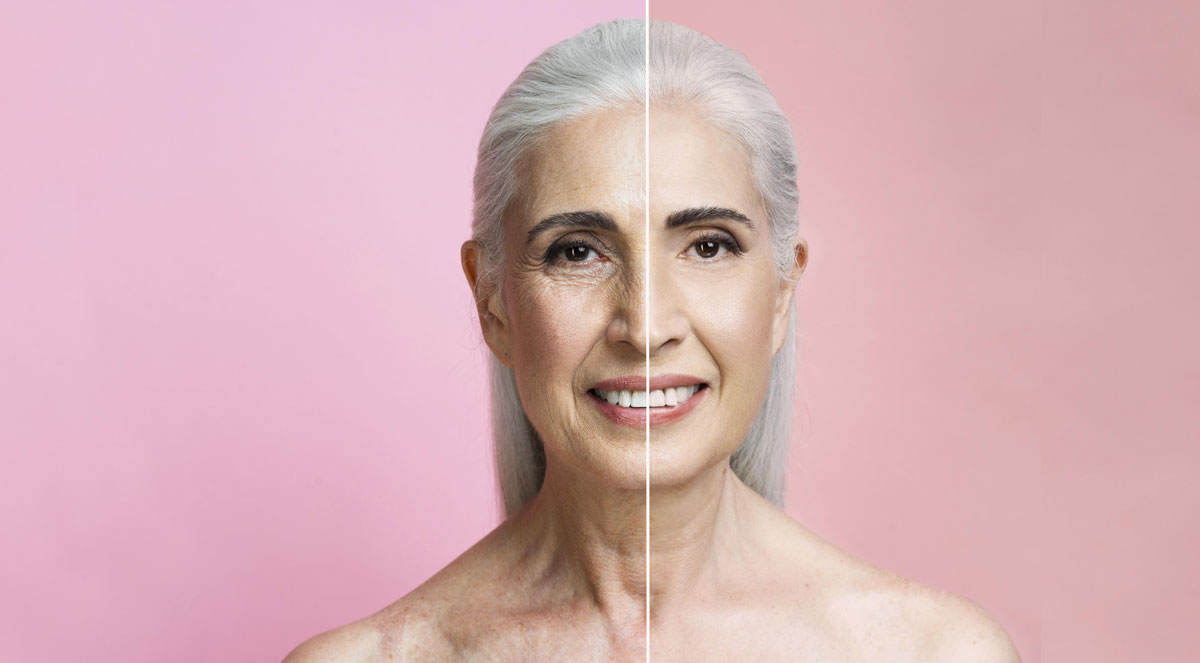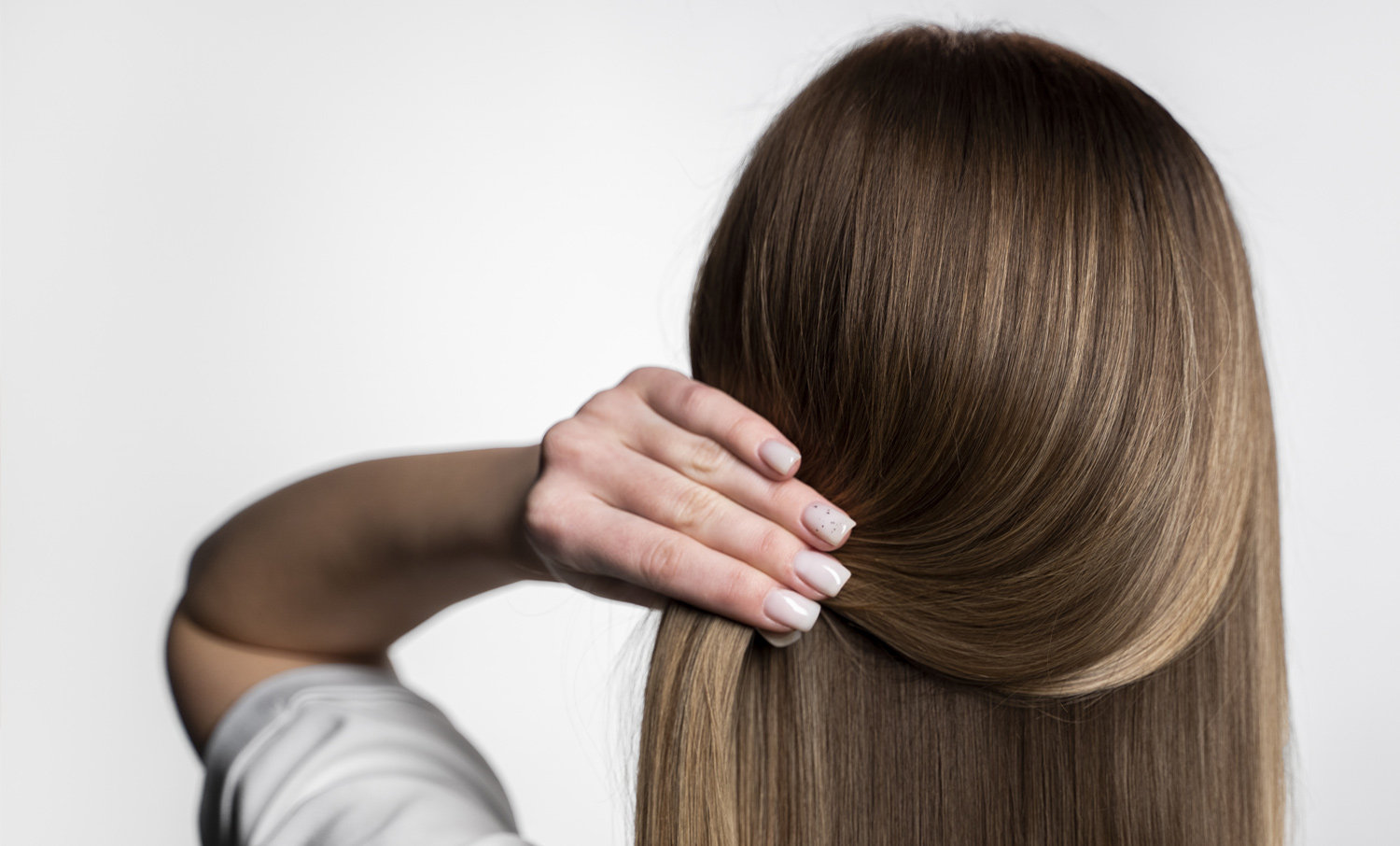Natural vs Chemical Hair Remedies
Natural and chemical hair remedies each have their benefits and drawbacks. Here’s a comparison:
Natural Hair Remedies:
Pros:
- Gentleness: Natural remedies are often gentler on the hair and scalp compared to chemical products. They typically contain fewer harsh ingredients that can strip the hair of its natural oils or cause irritation.
- Minimal Side Effects: Natural remedies usually have minimal side effects, making them suitable for individuals with sensitive skin or allergies.
- Nutrient-Rich: Many natural ingredients are rich in vitamins, minerals, and antioxidants that can nourish the hair and scalp, promoting overall hair health.
- Environmental Friendliness: Natural remedies often have a smaller environmental footprint compared to chemical products, as they tend to use fewer synthetic ingredients and are biodegradable.
Cons:
- Effectiveness: While natural remedies can be effective for some people, they may not always deliver the same results as chemical products, especially for more severe hair issues like deep conditioning or color treatments.
- Limited Shelf Life: Natural remedies often have a shorter shelf life compared to chemical products, as they lack the preservatives that extend the longevity of commercial hair products.
- Time-Consuming: Some natural remedies, such as homemade masks or oil treatments, can be time-consuming to prepare and apply compared to store-bought products.
Chemical Hair Remedies:
Pros:
- Efficiency: Chemical hair treatments are often formulated with potent ingredients that can deliver quick and noticeable results, such as hair dye, keratin treatments, or chemical straighteners.
- Longevity: Chemical treatments like hair dye or perms can provide long-lasting results compared to natural remedies, which may require more frequent applications.
- Wide Range of Options: Chemical hair products offer a wide range of options to address various hair concerns, from color treatments to deep conditioning and styling products.
Cons:
- Harshness: Some chemical ingredients, such as sulfates, parabens, and formaldehyde, can be harsh on the hair and scalp, leading to dryness, irritation, or damage with prolonged use.
- Potential Health Risks: Certain chemicals used in hair products have been linked to health concerns, such as hormone disruption or allergic reactions, particularly in individuals with sensitive skin or respiratory issues.
- Environmental Impact: Chemical hair products may contain synthetic ingredients that can be harmful to the environment, especially when washed down the drain and into waterways.
Ultimately, the choice between natural and chemical hair remedies depends on personal preferences, hair type, and specific concerns. Some people may prefer natural remedies for their gentleness and minimal environmental impact, while others may opt for chemical treatments for their efficiency and long-lasting results. It’s essential to assess individual needs and consider consulting with a healthcare professional or hairstylist for personalized recommendations.
Natural Hair Remedie Suggestions
There are several natural remedies that can help promote healthy hair. Here are some suggestions:
- Coconut oil: Coconut oil is rich in fatty acids that nourish the scalp and hair. Apply warm coconut oil to your scalp and hair, leave it on for a few hours or overnight, and then wash it out with a gentle shampoo.
- Aloe vera: Aloe vera has soothing and moisturizing properties that can help promote a healthy scalp and hair growth. You can apply fresh aloe vera gel directly to your scalp and hair or look for hair products that contain aloe vera.
- Essential oils: Essential oils like rosemary, lavender, peppermint, and tea tree oil can help improve scalp health and promote hair growth. Mix a few drops of essential oil with a carrier oil like coconut oil or jojoba oil and massage it into your scalp.
- Egg mask: Eggs are rich in protein and can help strengthen and condition your hair. Beat one or two eggs and apply the mixture to your hair, leave it on for about 20 minutes, and then wash it out with cool water and shampoo.
- Avocado: Avocado is packed with vitamins and nutrients that can help moisturize and strengthen your hair. Mash up a ripe avocado and apply it to your hair, leave it on for about 30 minutes, and then rinse it out with water.
- Apple cider vinegar: Apple cider vinegar can help balance the pH of your scalp and remove buildup from hair products. Mix one part apple cider vinegar with two parts water and use it as a rinse after shampooing your hair.
- Healthy diet: Eating a balanced diet rich in vitamins, minerals, and protein is essential for healthy hair growth. Make sure to include plenty of fruits, vegetables, lean proteins, and healthy fats in your diet.
Remember to do a patch test before trying any new remedy, especially if you have sensitive skin or allergies. Additionally, consistency is key when using natural remedies, so incorporate them into your hair care routine regularly for the best results. If you have any underlying scalp conditions or concerns about your hair health, it’s always a good idea to consult with a dermatologist or healthcare professional.
















